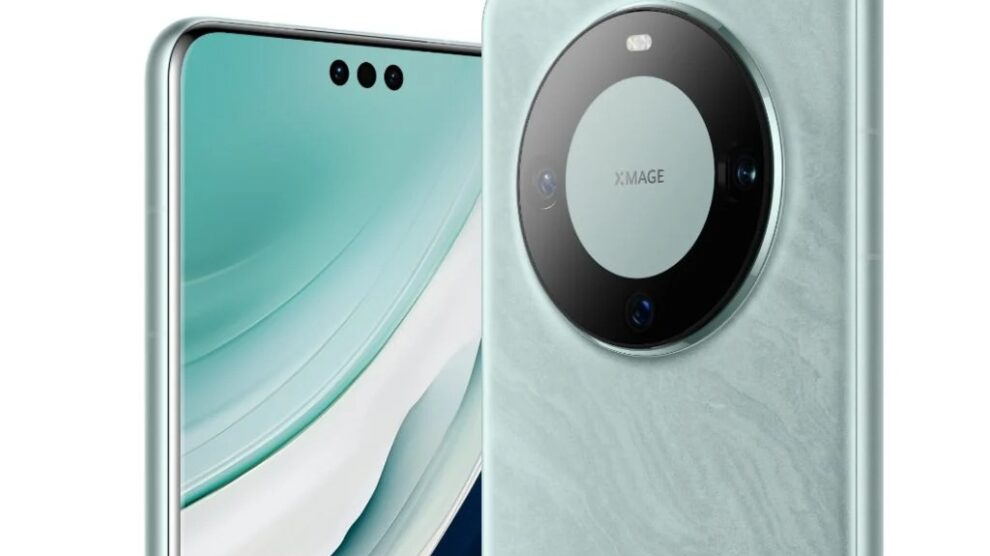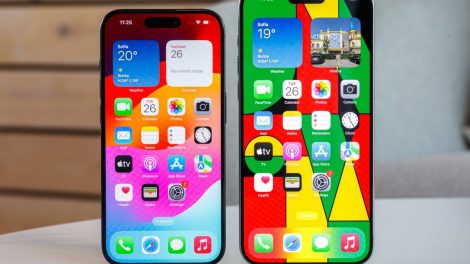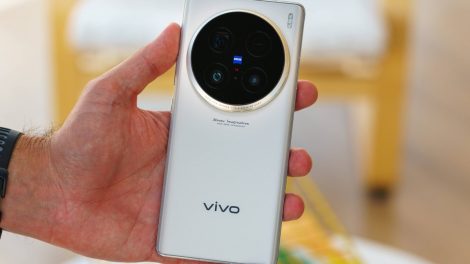The Huawei Mate 70 series has been unveiled, marking a significant milestone with its introduction of a new operating system that operates independently of Android. This release reflects Huawei’s continued effort to establish technological independence while delivering premium features to its users. The Mate 70 series combines cutting-edge hardware, innovative software, and a strategic shift toward self-reliance in the smartphone ecosystem. This in-depth report explores the device specifications, the implications of the new operating system, and its potential impact on the global smartphone market.

The Core Innovation – Android-Free Operating System
Huawei’s Mate 70 series is powered by HarmonyOS, a proprietary operating system developed to replace Android. This transition underscores Huawei’s response to restrictions imposed by U.S. sanctions, which limited its access to Google Mobile Services and related technologies. HarmonyOS represents a culmination of years of research and development, designed to provide seamless integration across devices, enhanced security, and greater user control.
Unlike Android, HarmonyOS emphasizes a distributed architecture that allows interoperability between smartphones, tablets, smart TVs, and IoT devices. This approach simplifies the ecosystem for users, enabling features like device mirroring and file sharing without relying on external platforms. By leveraging this system, Huawei has positioned the Mate 70 series as a pioneer in redefining user interaction with technology.
Key Features of the Huawei Mate 70 Series
The Mate 70 series boasts advanced specifications that align with Huawei’s reputation for premium smartphones. Each model in the series integrates state-of-the-art hardware, ensuring top-tier performance. The flagship variant features a 7.9-inch OLED display, delivering exceptional brightness and color accuracy, complemented by a high refresh rate for smoother visuals. Huawei’s in-house Kirin 9000S chipset powers the device, showcasing the company’s capability to develop high-performance processors despite external constraints.
One of the most anticipated features is the camera system, which includes a 50 MP ultra-sensing primary sensor. The camera setup supports AI-enhanced photography, offering improved low-light performance, enhanced zoom capabilities, and professional-grade video recording. Additionally, the Mate 70 series introduces 5G connectivity with extended frequency support, ensuring faster internet speeds and reliable network performance.
Competitive Analysis – Huawei vs Global Rivals
The Mate 70 series faces stiff competition from established brands such as Apple and Samsung. The following table provides a comparative analysis of key features between the Huawei Mate 70 Pro, Samsung Galaxy S23 Ultra, and iPhone 15 Pro Max.
| Feature | Huawei Mate 70 Pro | Samsung Galaxy S23 Ultra | iPhone 15 Pro Max |
|---|---|---|---|
| Operating System | HarmonyOS | Android 13 (One UI) | iOS 17 |
| Display Size (inches) | 7.9 | 6.8 | 6.7 |
| Primary Camera (MP) | 50 | 200 | 48 |
| Processor | Kirin 9000S | Snapdragon 8 Gen 2 | A17 Pro |
| Battery Capacity (mAh) | 5,500 | 5,000 | 4,500 |
From this comparison, it is evident that the Mate 70 Pro excels in offering a larger display and a robust proprietary operating system, while Samsung leads in camera resolution and Apple in processing power.
Market Implications of the Huawei Mate 70 Series
Huawei’s strategic move to develop an independent ecosystem with HarmonyOS has significant implications for the global market. It challenges the duopoly of Android and iOS, introducing a viable alternative that could shift consumer preferences. This launch also highlights Huawei’s resilience in adapting to geopolitical challenges, ensuring its competitiveness despite restrictions.
The Mate 70 series is expected to appeal to a growing segment of users who value privacy and security, as HarmonyOS minimizes reliance on U.S.-based technologies. Furthermore, the device’s compatibility with Huawei’s expanding range of smart devices reinforces its ecosystem, promoting brand loyalty.
Challenges and Opportunities Ahead
While the Huawei Mate 70 series demonstrates impressive innovation, its success depends on overcoming certain challenges. The limited availability of third-party apps compatible with HarmonyOS could deter users accustomed to the Google Play Store. Additionally, Huawei faces the task of rebuilding its global market presence, especially in regions where it lost significant market share due to sanctions.
On the other hand, the Mate 70 series provides Huawei with an opportunity to redefine its identity as a technology leader. By emphasizing self-reliance and offering unique features, Huawei can attract consumers seeking alternatives to traditional platforms.
The Huawei Mate 70 series marks a bold step forward, combining cutting-edge technology with an independent operating system that challenges industry norms. With HarmonyOS at its core, the Mate 70 series showcases Huawei’s commitment to innovation and adaptability. As it navigates the complexities of the global market, Huawei continues to set new benchmarks, ensuring its relevance in an ever-evolving technological landscape.










Add Comment